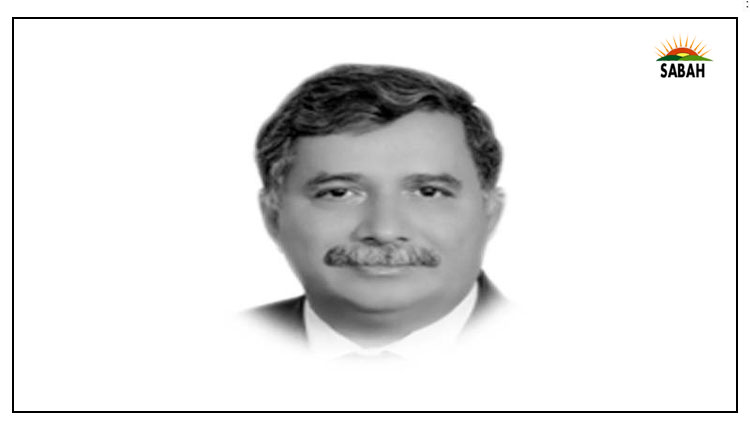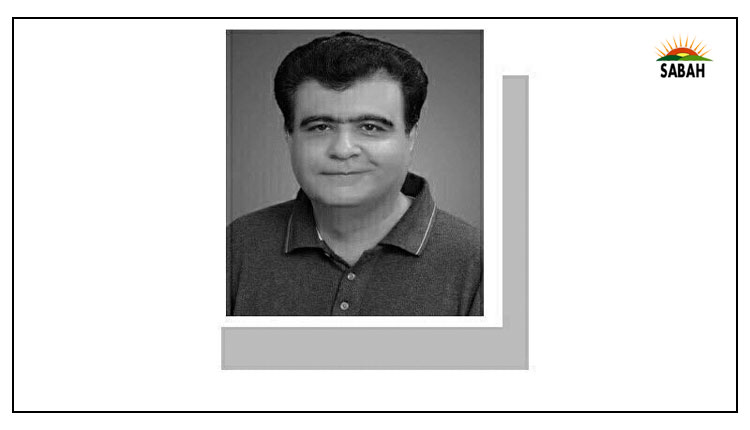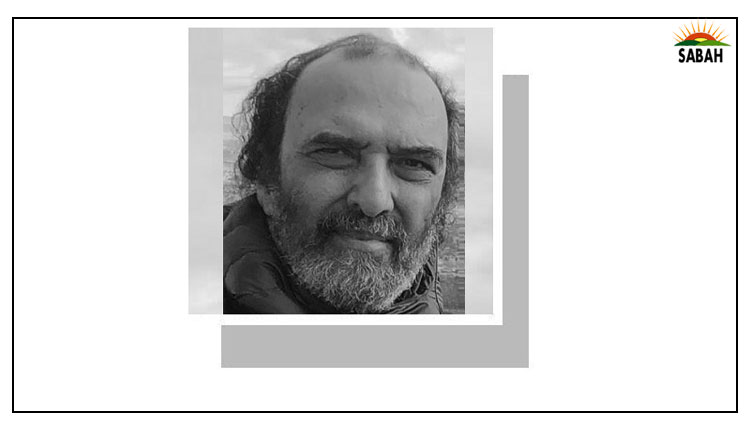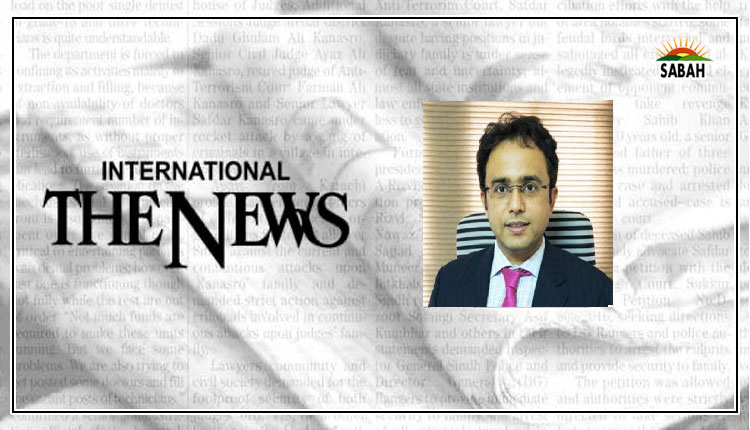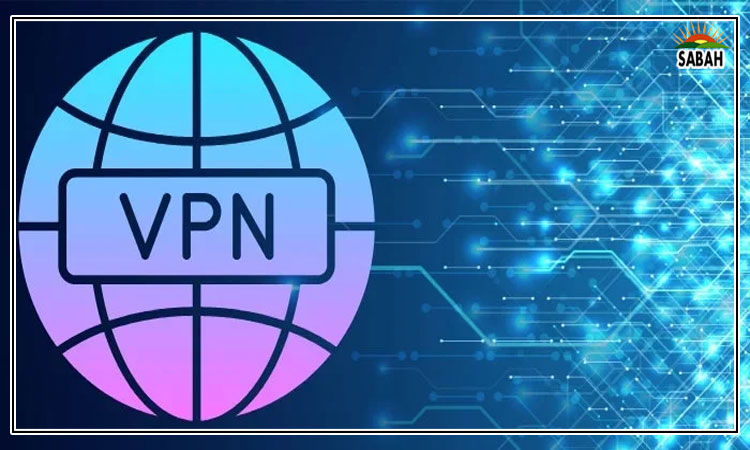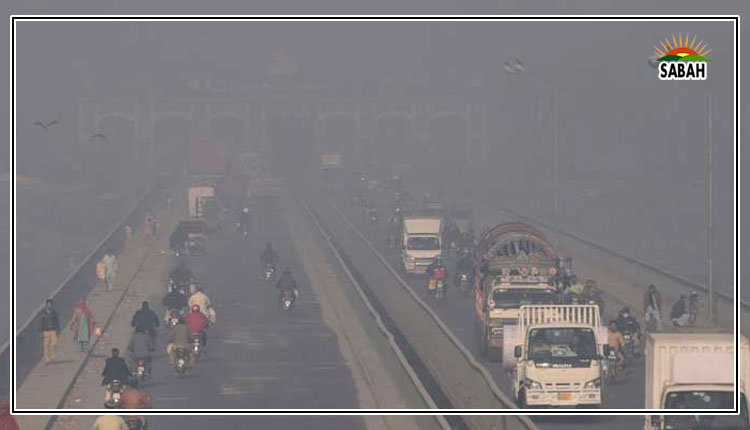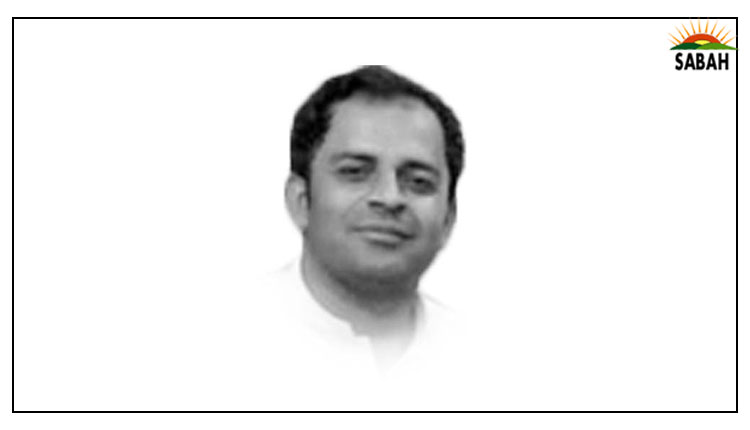Power, fear and hatred: a potent trinity?…Ali Hassan Bangwar
Of all the forces that contributed to shaping individuals, communities and nations throughout history, the concepts of power, fear and hatred played a considerably significant role. Though often viewed as dark emotions, the trinity has been some of the leading forces in the cycle of destruction, construction and reconstruction of societies throughout history. Therefore, understanding their dynamic relationship and potential influence would help statesmen guard against the darker depths of the human psyche and their damaging socio-political manifestations.
The primary needs force humans to collaborate for their survival. However, consistency and predictability demand regulation of the interactions through empowering individuals or groups among the fellows. The genesis of authority starts with the voluntary or forced delegation of public freedom to a few individuals or groups in the hope that collective affairs will be managed effectively. However, megalomania, or sustainably unquestionable compliance, encourages the empowered to overstep legitimate authority by transcending the assigned bounds. Resultantly, they begin to encroach on public freedom through a combination of power and brute force for their selfish interests.
Throughout history, fear has remained a weapon of the oppressor, while hatred has been a weapon of the oppressed. The former underlies the inferiority complex and insecurities, while the latter reflect the innate human urge for freedom. When the oppressor tends to overpower through brute force, coercion or manipulation, the oppressed initially receive it or observe restraint due to perceived weakness. However, the public gradually begins to question its overstepping and authoritative power. This creates fear and insecurities in the hearts and minds of the oppressors. In return, they translate this fear into an environment of dread for the public by resorting to the use of brute force.
The repeated exposure to the dreadful manifestations of brute force creates fear in the minds of the masses. Fear, mainly arising from ignorance, cedes the powerful enough time and space to extend authoritarian control in the lives of people. This fear exists as long as ignorance thrives in public life. However, as ignorance ends, fear begins to turn into hatred for the powerful. This hatred runs in the hearts and minds of the people to such an extent that it turns into the strength of the subjects. The hatred-turned-strength encourages the public to resort to resistance in the face of the oppression. This resistance gradually eats at the very foundation of castles of brutality and ultimately reduces them to wreckage and ruins in what is commonly known as revolution.
Power, fear and hatred have a linear and disproportionately reciprocal relationship in this context: overstepping authority adds to the power of authority; power induces fear among their subjects; fear generates hatred in them against the powerful; hatred breeds public resistance; and public resistance ultimately causes revolution. History stands testament to the fact that oppressors brute force ultimately succumbs to the steady power of hatred and public resistance.
This hatred, in its extreme form, unleashes resistance which in turn overthrows the foundational, structural and functional norms of the status quo and leaves behind the wreckage to build society anew. The wreckage of the revolution affords people an opportunity to rebuild their society on better terms by taking into account the lessons they learned. A reconstructed social fabric works smoothly unless the same power imbalance begins to affect society and repeats the same transitional episode.
Modern societies are relatively conscious of the facets of the barbarism they confront. The greater the public enlightenment and political conscience, the lesser the fear phase and public enslavement. This is one of the reasons why a status quo built on brute force fails to run on the roads to sustainable existence in modern times.
Conversely, the sustainability of a political culture and entity demands dynamism and transparency in the delegation, distribution and utilisation of power between the public and the institutions entrusted with managing social affairs.
Courtesy The Express Tribune


